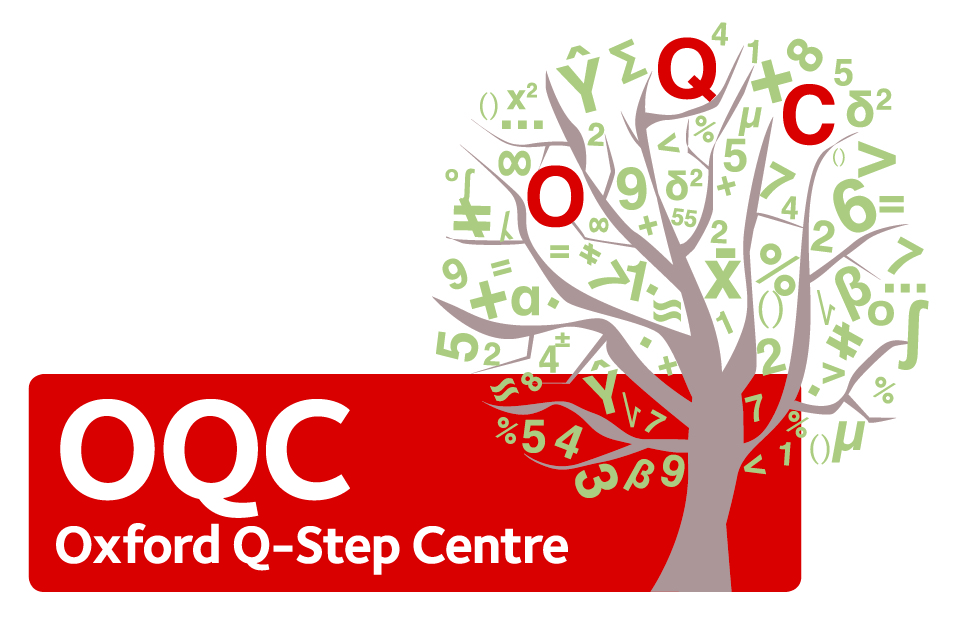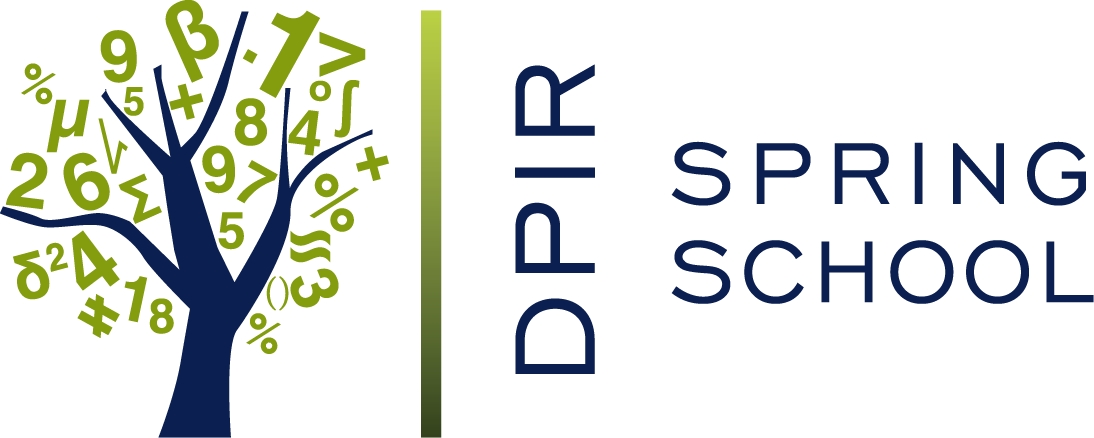Investing in methods
Investing in methods
The University of Oxford was selected to be one of the first universities to have a Nuffield Foundation, ESRC and HEFCE-funded Q-Step Centre. It is hosted by the Department of Politics and International Relations, in association with the Department of Sociology, and underpins and supports our undergraduate teaching of advanced social science research methods.
The Department also hosts an annual Oxford Spring School in Advanced Research Methods, which provides intensive week-long methods training for postgraduate research students. In 2021 courses included: Causal inference; Qualitative Methods and Fieldwork; Machine learning; and Quantitative Text Analysis for the Social Sciences.
Teaching research methods
Teaching research methods
Our teaching of research methods, in particular at the master’s level, comes in two forms:
1.Research Design
We approach research problems from a scholarly and scientific perspective. The DPIR philosophy is pluralistic: research methods are selected according to the intellectual or scientific problem at hand. Research design requires rigorous understanding of ethics, epistemology and metaphysics (methodology).
2.Practical Research Methods
Statistical inference, archive research, interviewing, and analysis are thoroughly taught in intensive workshop format. Teaching emphasises practical techniques, rigour and technology, consistently keeping in view the relevant epistemological, ethical and metaphysical (methodological) issues. Concrete examples of research problems are used illustratively and practically.
Undergraduate Studies
Undergraduate students in Philosophy, Politics and Economics (PPE) and History and Politics are introduced in their first year to problems of research methods through a series of labs and data sets, as well as case studies in the Introduction to the Practice of Politics paper. This is expanded in later years through the Final Honours School papers of Comparative Government, Political Sociology, and International Relations.
Graduate Studies
Master's and Doctoral students in Government, Political Theory and International Relations complete a course in Research Design, as well as a range of practical research methods options. At present the following topics are taught, although not all are offered every year:
- Intermediate Social Statistics
- Qualitative Methods in Political Science
- Formal Analysis
- Archival Research: Truth and Record
- Causal Inference
- Content Analysis and Word Scoring
- Epistemology
- Ethics
- Event History Analysis
- Evolutionary Approaches
- Experimental Research
- Interviewing Elites
- Multilevel Modelling
- Network analysis
- Panel Data Analysis
- Problems of Method in the History of Political Thought
- Text and Interpretation
- Reasoning in Political Philosophy




